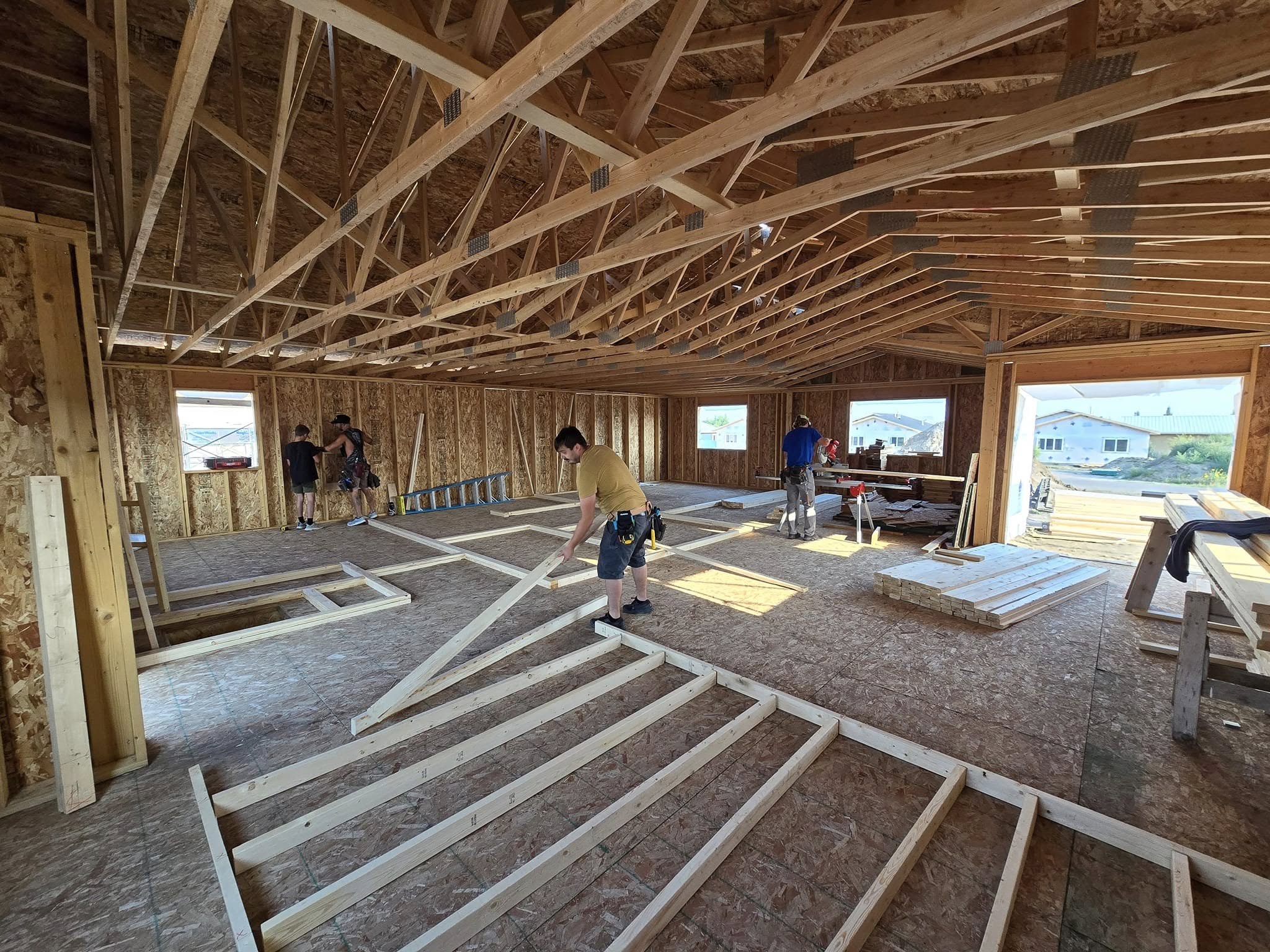The House Financial Services Committee met this morning to begin, ever so tentatively, to redraw the regulatory landscape for the financial services industry in the wake of the nation’s economic earthquake.
The question is, has the Washington status quo that eroded and atrophied oversight of the lending industry been so fundamentally shaken that the call for tighter reins on lending practices can become a reality?
So far, there’s not much reason to believe that a new day has dawned on Capitol Hill — a peaceable kingdom where Democrats and Republicans can agree on what’s needed. Reuters captured the byplay at this morning’s hearing in a few sentences:
With elections just two weeks away, committee Chairman Barney Frank, a Massachusetts Democrat, urged members to look forward to 2009, but some partisan bickering erupted.
Republicans blamed Democrats for allowing Fannie and Freddie to run amok in the markets and the halls of Congress. Democrats replied that Republicans for years failed to rein in the companies while in charge of Congress and the White House.
So much for reaching across the aisle.
Beyond the committee’s pre-election posturing, other policymakers are pledging vigilance about the structural obstacles to reform ahead. Take this example, from Forbes.com today:
‘All the interests will circle this place like hungry birds looking at carrion in order to prevent us from taking the steps that are necessary [for regulatory reform],’ says Sen. Evan Bayh, D-Ind. ‘We must not let that happen.’
While I’d like to join Barney Frank and look across the Nov. 4 divide to a New Jerusalem of bipartisan policy-making amity, Evan Bayh is prudent in pointing out the reality of the Darwinian cast to the efforts that await would-be reformers, even after the election.




Comments